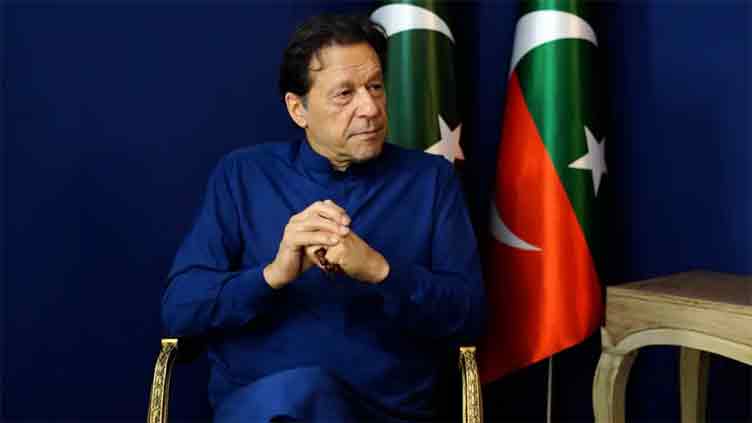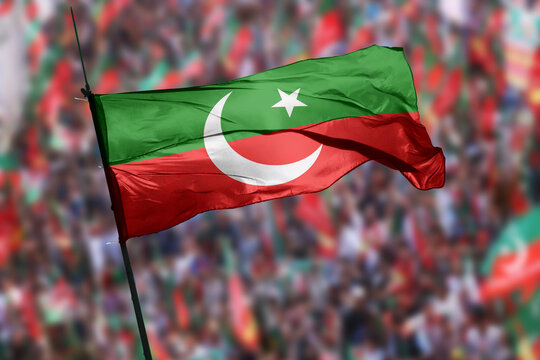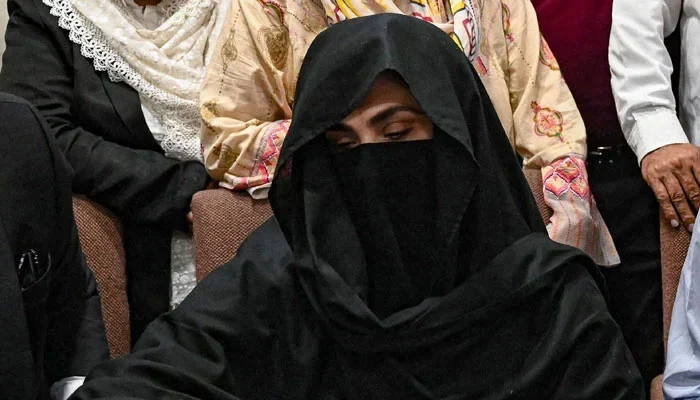The triumphant return to Pakistan of former prime minister Nawaz Sharif, without much resistance from the judiciary and the administration, amounts to acknowledgment that the establishment made a mistake in removing him from office by judicial fiat in 2017. His return from exile is further evidence of the futility of political engineering as a means of solving Pakistan’s complex problems.
Denied access at the time in the Pakistani media, I had predicted the return of the three-time prime minister to Pakistani politics in an article published in a foreign newspaper just ahead of the July 2018 elections. At that time, Nawaz Sharif had been disqualified from running for office for life by the Supreme Court, which meant that he had no legal avenue for appeal.
Neither his disqualification nor his conviction and imprisonment appeared convincing to me. I was further able to foresee the demise of the one-page regime and the chaos that might follow.
“Even if the [establishment] succeeds in installing a selected prime minister into office after the votes are cast on July 25 [2018],” I wrote, “it will not succeed in its core objective of creating a credible, effective, civilian façade. Sharif’s imprisonment will not end his (or his daughter’s) political careers long after the retirement of [those] who plotted his downfall.”
My conclusion was that “Politics is more difficult than locating and liquidating enemies.” The latter was a reference to a quote from former Pakistan army commander, General Muhammad Musa Khan, who said that a soldier’s job is to locate and liquidate enemies. Training for that job, General Musa once said, offered poor preparation for the complex world of politics in which yesterday’s rivals can make common cause today and today’s allies can end up as rivals tomorrow.
Nawaz Sharif and his family have gone through considerable suffering during the last six years, as has the country. Now, Nawaz Sharif’s return to centre-stage is being facilitated by those who tried to create a new political order without him. Of course, the immediate reason for doing so is to sideline another politician. But a broader lesson from the political turmoil of the last 35 years would be to recognise that politicians with a popular base cannot be wished away.
Benazir Bhutto was removed from power in 1990 to bring in Nawaz Sharif, only to oust him and be replaced by Benazir Bhutto in 1993. Benazir Bhutto’s 1996 ouster resulted in Nawaz Sharif’s return to office in 1997. The establishment considered General Pervez Musharraf’s 1999 coup as a deeper solution to having to choose between two leaders that it saw as troublesome. But by 2007, Musharraf had to reconcile with Benazir Bhutto and eventually both her and Nawaz Sharif were back in the arena.
Benazir Bhutto’s concept of reconciliation rested on the Charter of Democracy that she had signed with Nawaz Sharif, which set some ground rules for politics within the framework of parliamentary democracy. Hardliners within the establishment and in Pakistan’s elite society did not like this reconciliation. Asif Zardari’s rise to power after Benazir Bhutto’s tragic assassination, and lack of trust between him and Nawaz Sharif, led to the breakdown of the reconciliation process to the establishment’s advantage.
A third political force was raised, which was expected to fulfil the establishment’s agenda through populist politics. This time, again, any attempt at national reconciliation will be torpedoed by those lacking faith in the political process.
Sharif, Zardari, and the establishment all need to be forewarned that the populist whom they have currently cornered will not remain cornered forever. Any genuine reconciliation would have to include those currently in prison, marginalized and awaiting disqualification.
Just as Benazir Bhutto’s reconciliation policy in 2007 was denigrated as a backroom ‘deal’, Nawaz Sharif’s return will also attract accusations of deal-making. This might diminish his previous stance against invisible forces meddling in politics and the voter not being given due respect. Nevertheless, the consensus within the establishment and possibly even the political class, especially in Punjab, seems to be that Pakistan needs a safe pair of hands after the chaos of the last few years. For good or for bad, Nawaz Sharif is seen as that safe pair of hands.
His return, and the enthusiasm it has generated among his supporters, has raised hopes that the delayed elections will finally be held. But it is important to let all parties feel that the elections are not just a symbolic exercise to install someone chosen beforehand as prime minister.
Like all Pakistani politicians with a long career, Nawaz Sharif’s political innings have included their ups and downs, compromises and conflicts, and mistakes and achievements. But since he became prime minister for the first time in 1990, he has had three consistent themes even if these were not fully adhered to in policy or occasionally sacrificed for gains in temporary popularity.
First, he has always focused on the need for economic progress and the primacy of market economics. Second, he has insisted on the need for peaceful relations with Pakistan’s neighbours, including India. Third, he has jostled with the establishment for an upper hand in policymaking for elected civilians. All of these are especially important in helping Pakistan get out of the poly-crisis it currently faces.
As important as changes in the policy realm is the need to bring political temperatures down and to end political polarisation. Nawaz Sharif’s conciliatory speech at Minar-e-Pakistan on October 21 was an important first step in that direction. But reconciliation requires willingness of all sides to compromise. If someone thinks that taking a hard stance and biding time is a better strategy, we will only see a rerun of Pakistan’s recent history, albeit with a few changes in the cast of characters.
The writer, former ambassador of Pakistan to the US, is Diplomat-in-Residence at the Anwar Gargash Diplomatic Academy in Abu Dhabi and Senior Fellow at the Hudson Institute in Washington DC.
Disclaimer: The viewpoints expressed in this piece are the writer’s own and don’t necessarily reflect Geo.tv’s editorial policy.


 Business2 days ago
Business2 days ago
 Latest News2 days ago
Latest News2 days ago
 Latest News2 days ago
Latest News2 days ago
 Latest News2 days ago
Latest News2 days ago
 Latest News2 days ago
Latest News2 days ago
 Latest News2 days ago
Latest News2 days ago
 Latest News2 days ago
Latest News2 days ago
 Latest News2 days ago
Latest News2 days ago
























